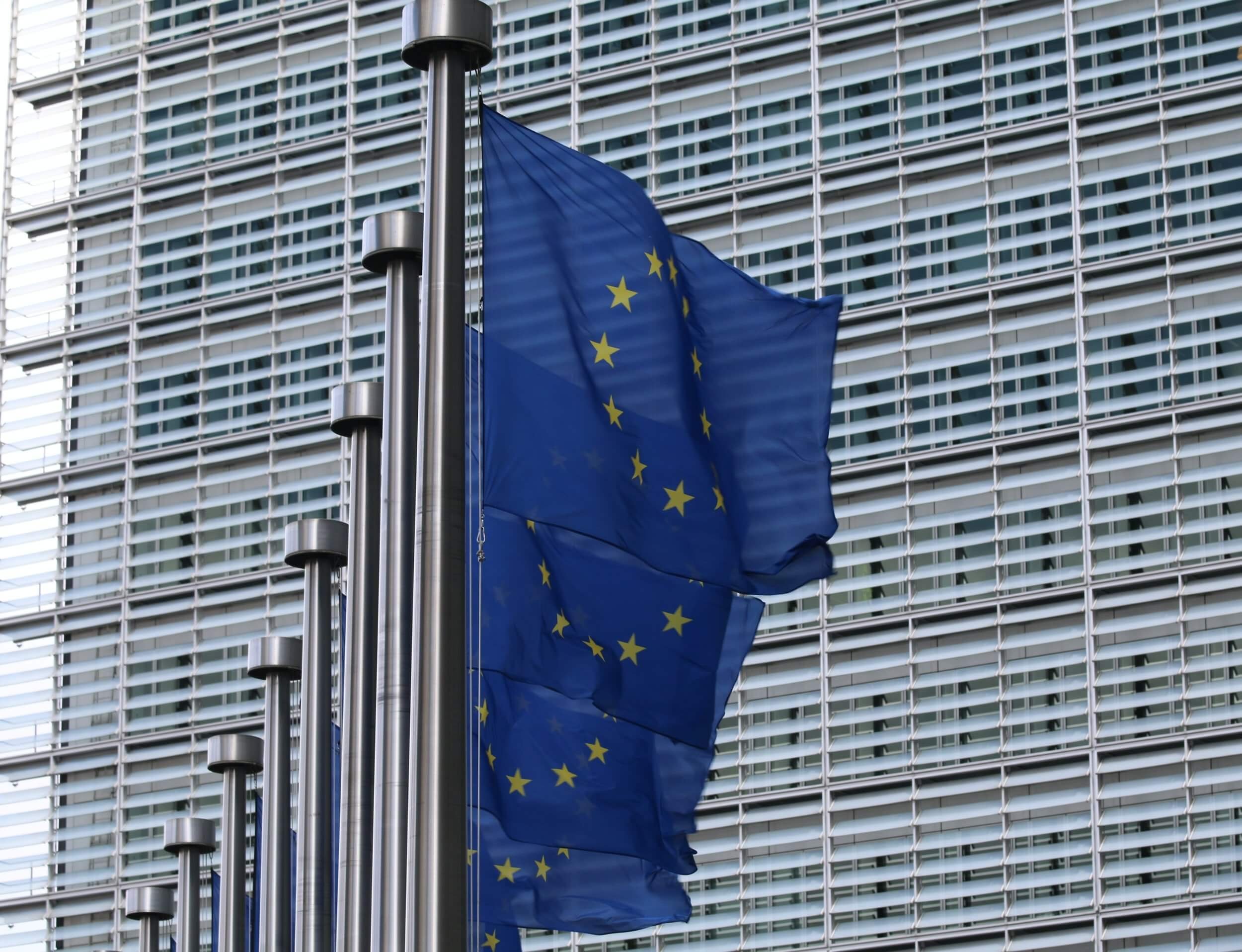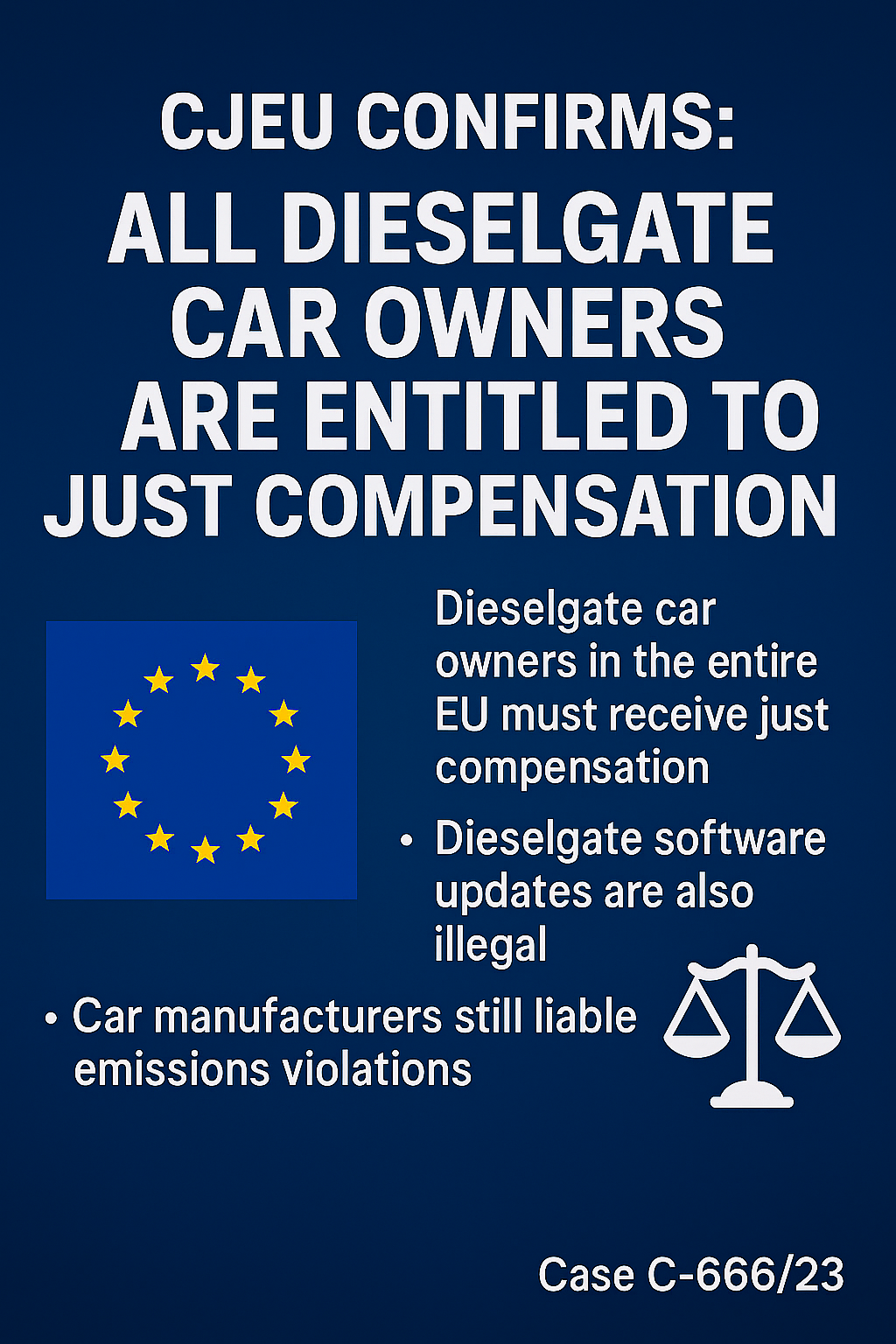AdBlue Cartel: EU Commission imposes fine of 875 million euros on automakers
The European Commission imposed a fine of 875 million euros on the "Club of Five" (Daimler, BMW, Audi, Porsche and Volkswagen) as early as mid-2021 for restricting competition in the exhaust gas purification of new diesel passenger cars, although far more extensive allegations were present. According to the Commission, the manufacturers met regularly for technical meetings in which they discussed the development of SCR technology, i.e. a technique for reducing exhaust emissions. Although the necessary know-how and technology were available, they agreed over a period of more than five years (2009 to 2014) not to launch any exhaust gas purification technology on the market that exceeded the legal requirements.
Decades of collusion among German automakers - Consumers bear the damage
To this end, the manufacturers specified the sizes of the AdBlue tanks and their range and established a common understanding of average AdBlue consumption. They also exchanged sensitive data in this regard. In this context, AdBlue is a carbamide that is injected into the exhaust gas cleaning system to reduce the nitrogen oxide emission emitted by the diesel engine. This was apparently enough material for the Commission to initiate antitrust proceedings and impose a fine on the manufacturers.
In the run-up to the investigation, far more extensive accusations had already been made against the cartel of the five. According to a voluntary disclosure by Volkswagen in 2016, the carmakers are said to have coordinated the development of their vehicles, costs, suppliers and markets since the 1990s, thereby eliminating any competition between them. To this end, they set up numerous working groups in which they coordinated with each other and even shared the development data of their own vehicles with each other so that other German manufacturers did not fall behind technologically. On the other hand, the five automakers presented themselves to the outside world as major competitors. The resulting damage was borne by the consumers, as can be seen, among other things, with regard to the AdBlue tanks.
Fine too low in view of the agreements made
The Commission apparently saw no further evidence of the agreements on illegal defeat devices that brought Dieselgate and the criminal energy of the automakers to light in the first place. But especially with regard to the AdBlue tanks, which were far too small due to the agreements, this inevitably led to the fact that illegal defeat devices had to be installed in order to reduce AdBlue consumption. Otherwise, the buyer would have had to top up the urea every 2000 - 3000 kilometers. A situation that the car manufacturers obviously did not want to subject their customers to. According to the manufacturers' ideas, the AdBlue tank should only be refilled after about 16,000 kilometers during an inspection, without the consumer noticing anything. To achieve this, they implied illegal defeat devices in the cars. However, the illegal defeat device they used for this purpose meant that the injection of urea into the exhaust gas purification system no longer functioned permanently as prescribed, but only when the software detected that the vehicle was on a test bench. This meant that the exhaust gas purification system only functioned to a very limited extent. The result was the emission of far more harmful emissions than permitted.
One solution to the problem with the AdBlue tank would have been to install larger tanks. However, the car manufacturers rejected this. In their opinion, these would have been too heavy and too expensive for the cars. In addition, the space freed up by this was needed for a larger trunk. Consequently, the EUR 875 million fine is probably the right way to dissuade manufacturers from entering into such antitrust agreements. However, in view of the far-reaching and decades-long agreements, the fine is clearly too low.
Learn more about how to enforce claims for damages in Dieselgate cases here.










